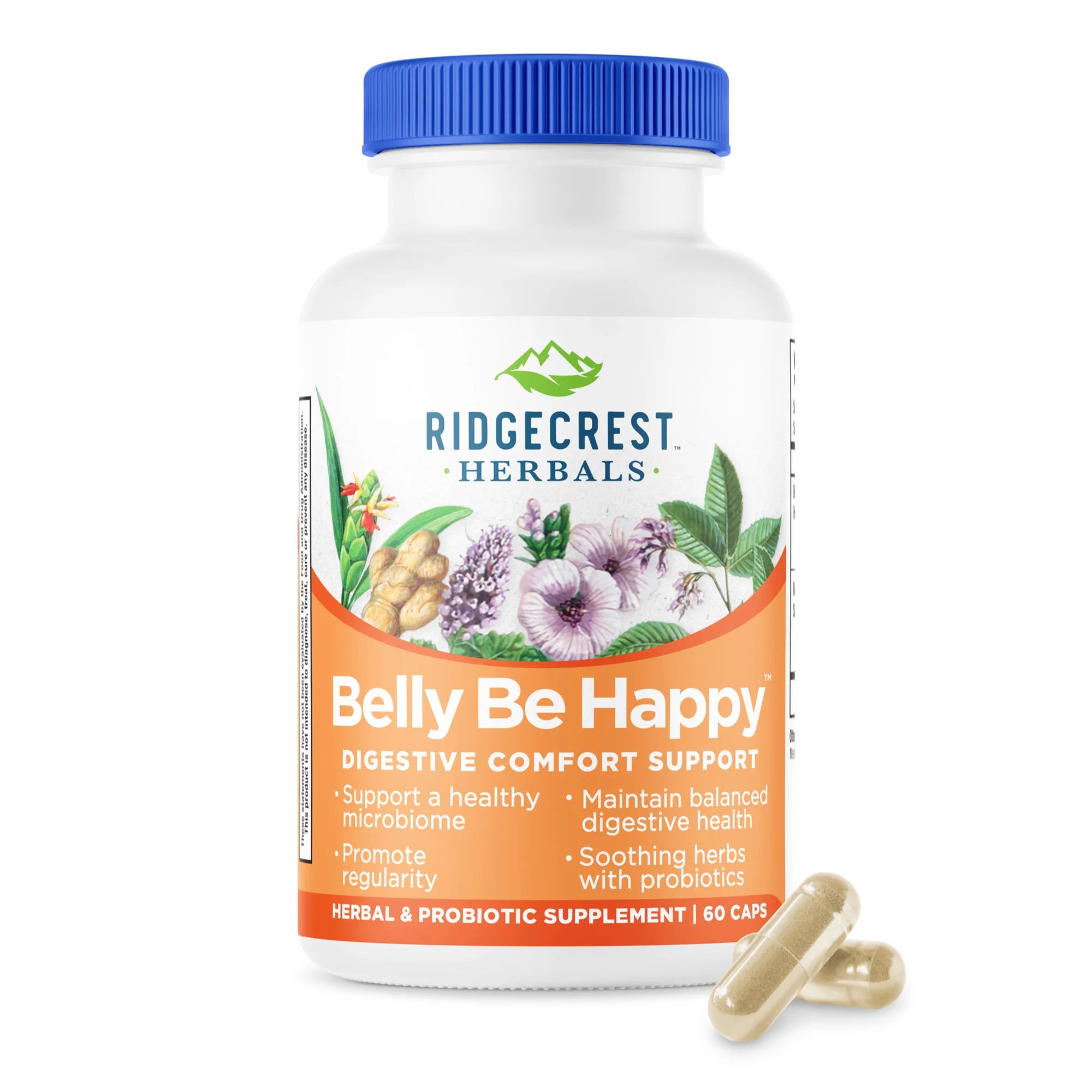A few years ago, I realized that something I had always struggled with, namely the ability to concentrate regularly and stay on task, wasn’t as much of a universal experience as I had believed it to be. I thought everyone spent hours of each day feeling somewhat hazy and only occasionally got bursts of energy to tear through their to-do list. At some point, it was brought to my attention that, no, that isn’t normal, that most people can focus much more than I was.
This is when I first learned the word nootropic. A nootropic is defined as “drugs, supplements, and other substances claimed to improve cognitive function, mainly executive functions, attention, memory, creativity, or motivation, in healthy individuals (Wikipedia).
Let me just quote Wikipedia directly here, as I think this is essential information:
The term nootropic is derived from the Ancient Greek words νόος (nóos), meaning "mind," and τροπή (tropḗ), meaning "a turning.” It was first introduced by Corneliu Giurgea in 1972 to describe a new classification of molecules that acted selectively towards the brain's higher-level integrative activity.
As I continued learning about ways to support focus and brain function, I realized that it could be a slippery slope. Many pharmaceutical options can make a huge difference but are stimulants with side effects like loss of appetite, trouble sleeping, and dependence. Even coffee, the world’s second-most popular stimulant (next to tea), can cause symptoms like jitteriness and withdrawal. Michael Pollan noted in his book Caffeine: How Caffeine Created the Modern World that the Renaissance, Industrial Revolution, and Revolutionary Era happened after caffeine became popular. I doubt whether there is enough evidence to claim caffeine woke people up enough to change the world, but it is an entertaining thought.
I wanted to avoid pharmaceuticals and dependence, so I began researching herbal remedies that could help me better focus and learned that many herbs have been studied and are believed to affect brain function positively. Some of these herbs include:
- Ashwagandha
- Brahmi
- Cat’s Claw
- Gingko Biloba
- Gotu Kola
- Lion’s Mane
- Lemon Balm
- Spearmint
- Saffron
- Turmeric
(Source: https://www.ncbi.nlm.nih.gov/pmc/articles/PMC8068256/)
I purchased a supplement online and began taking it in the morning before work. Combined with a coffee or tea with my breakfast (which was also relatively new for me), I saw an incredible difference in many little things I hadn’t realized were related. I stopped getting up every five minutes to peruse the kitchen for snacks because I wasn’t bored. I could switch between tabs on my Google Chrome browser without forgetting what I was doing. I felt calmer, and I could sit down and, say, write a blog post about herbs for brain health without taking multiple breaks. I’d had no idea there were options outside of pharmaceuticals that could help me focus better - I just wish I’d known that in college!
I’m so excited that RidgeCrest Herbals now has a supplement to support brain health and function, along with gut health. I’ve learned so much about how closely the gut and brain work together, and having something that gives me the probiotics I need and the support for my brain function is a win-win situation.





